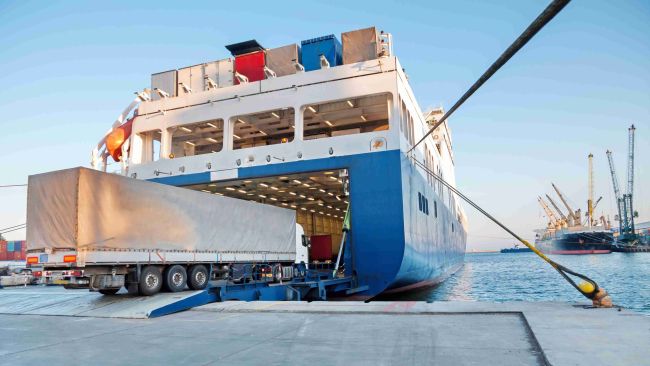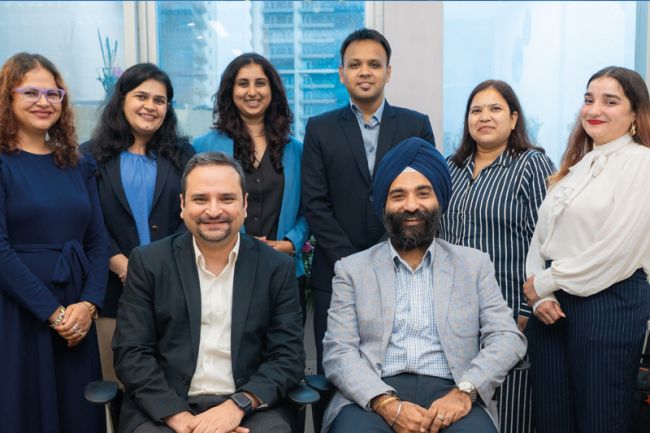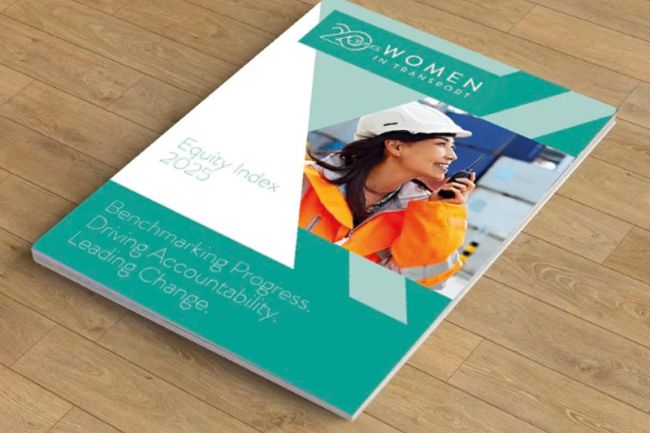Collaboration, the way to go
Rising demands for infrastructure development and renewal in the UK are being experienced in an environment of increasing austerity. Transport infrastructure investment is critical to economic growth and social needs. Here we explore the challenges and innovations for future funding of transport infrastructure.
Rising demands for infrastructure development and renewal in the UK are being experienced in an environment of increasing austerity. Transport infrastructure investment is critical to economic growth and social needs. Here we explore the challenges and innovations for future funding of transport infrastructure.
In the forthcoming Spending Review, local transport infrastructure may take a larger proportion of government cuts, as funding is provided on an annual basis rather than the five-year cycles applied to Network Rail and Highways England, which are effectively ring-fenced. In addition to infrastructure investment, the impact may also be felt on delivery of road maintenance, bus services, and campaigns to promote cycling and walking. Globally, the need for investment in transport infrastructure is critical. As a result of these challenges, a key message resonating across the infrastructure sector is the need for stakeholder collaboration to create new delivery models, attract new investors and design innovative solutions to realise development goals.
Local Enterprise Partnerships in the UK continue to be key players, working with local partners to prioritise and distribute funds from a range of sources including City Deals, Regional Growth Fund allocations, Growth Deals and £5 billion of Local Growth Fund allocations, and £2.5 billion worth of European Structural and Investment Fund money for 2014 to 2020 on projects that promote economic growth. The development of skills and governance processes will help ensure value for money and a focus on local needs.
The Institute for Public Policy Research concluded in a recent report that allowing local authorities in urban and rural areas to combine their efforts could halt “the downward spiral” in services outside the capital. The creation of Transport for Greater Manchester (TfGM), which has responsibility for a multi-year transport budget and its ‘Earn Back’ mechanism, shows the progressive nature of both devolution and working together to pool and deploy funds in a more strategic and innovative way.
Other innovative forms of financing for local government and major developers can be found in the form of charging mechanisms, such as Tax Incentive Financing (TIF), business rate supplements, increasing the value from assets and development of the municipal bonds market.
Tax Increment Financing is an approach to financing that has been used successfully in North America for over 40 years. It can be helpful in bridging a funding gap between the financial costs of the scheme and the sources of funds available. The upfront funding may be borrowed from public or private sources, or it may be provided by the developer from capital available to it.
The UK version of TIF involves the creation of an Enterprise Zone from which income from incremental business rates can be used to secure and repay borrowing. This type of financing will often be used for a regeneration project, and although UK TIF could be used more widely, it will not be suitable for all schemes. Key benefits are that it does not involve any additional taxation, and results in a net gain for local and national economies. An example of TIF in the UK is the financing of Vauxhall Nine Elms Battersea. In a similar concept, £4.1 billion was raised from a business rate supplement to provide additional funding for Crossrail. The public sector asset base may provide not only short-term funding, through sale of assets but longer term revenue and capital streams through redevelopment and a more commercial view of the value that might be captured. For example, Transport for London (TfL) commercial property arm has recently begun an active campaign, working with the private sector to provide a significant contribution towards nonfare revenue by 2025. Reviewing the asset base, considering different operational models, and developing joint ventures with the private sector, could unlock all additional sources of funding and finance.
Following on from the success of Nordic Agencies, the first issue of a UK municipal bond earlier this year heralded an independent alternative to Public Works Loan Board capital borrowing, traditionally the source of financing major projects for local authorities. Bonds were used by TfL as part of the funding package for Crossrail, and are seen as a potential way for local government either to invest in capital projects or to refinance existing loans. With increasing numbers of authorities either signing up as shareholders or expressing an interest in the Local Capital Finance Company issuing the bonds, this supports the trend of local government determining and driving cost reduction and better value for money.
In summary, the challenges faced in funding and financing capital projects will herald new delivery models, new investors and innovative solutions. The key will be collaboration to ensure delivery of the transport infrastructure needed for long term economic growth.

















